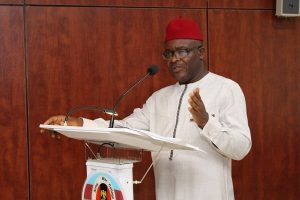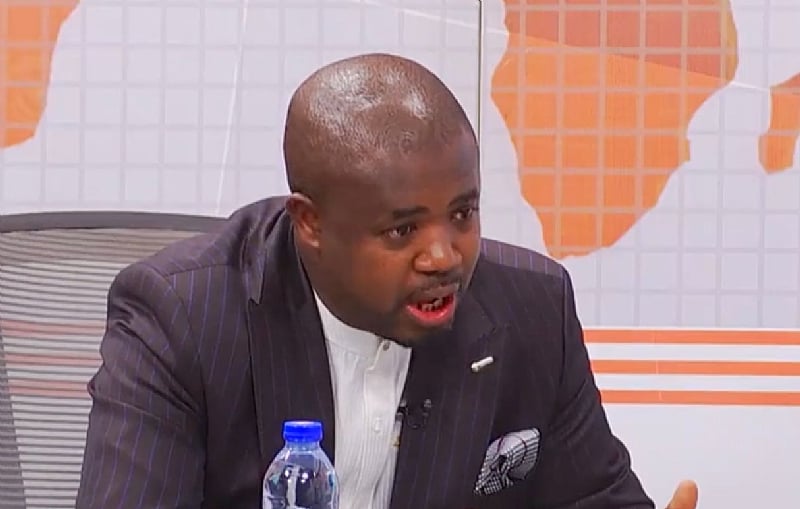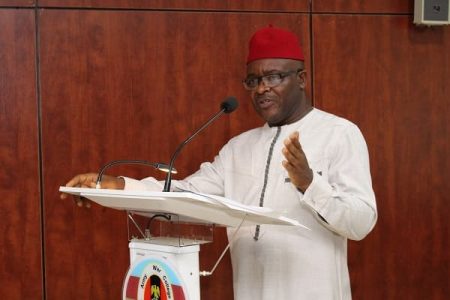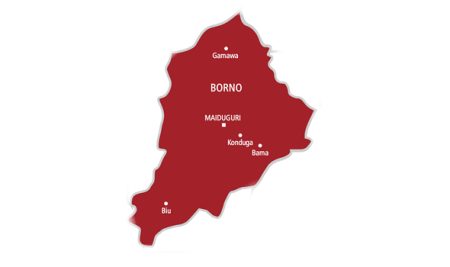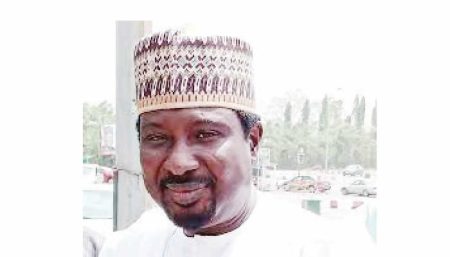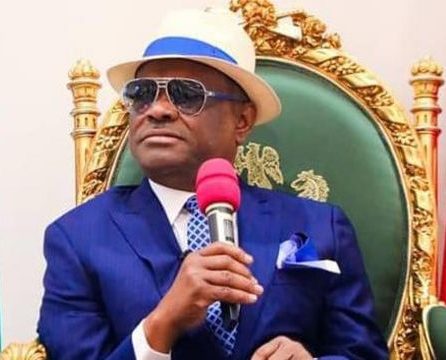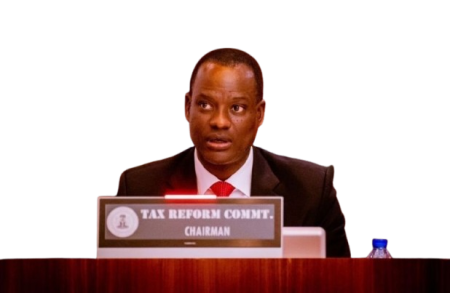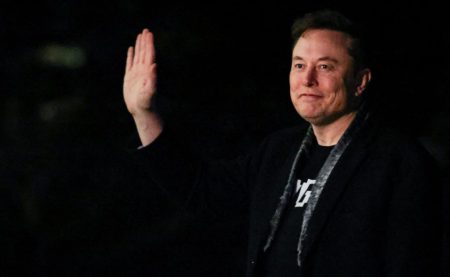Ghana’s newly launched 24-hour economy policy represents a significant stride towards industrial transformation and job creation. The policy, spearheaded by the government and championed by President John Dramani Mahama, aims to shift the nation from its historical reliance on exporting raw materials to processing and manufacturing finished goods for both domestic consumption and international markets. This ambitious initiative intends to stimulate economic growth by maximizing productivity through a three-shift work system, encouraging businesses to operate around the clock. The policy also addresses the pressing issue of unemployment, particularly among youth, by creating opportunities within the value-added processing and manufacturing sectors. The ultimate goal is to establish Ghana as a producer of finished goods, fostering brand recognition and economic competitiveness on the global stage. This represents a return to the vision of Ghana’s first president, Kwame Nkrumah, who prioritized industrialization as a cornerstone of national development.
The current economic model, characterized by the export of raw materials such as cocoa and gold, limits Ghana’s potential for economic growth and job creation. The 24-hour economy policy seeks to rectify this by fostering local processing and manufacturing. Instead of exporting raw cocoa beans, Ghana aims to develop a robust chocolate industry, creating jobs and capturing a larger share of the global chocolate market. Similarly, the policy envisions a future where Ghanaian gold is transformed into finished jewelry pieces, strengthening the local goldsmithing industry and building recognizable Ghanaian brands that can compete internationally. This transition from exporting raw materials to producing value-added products signifies a crucial step towards economic diversification, resilience, and self-sufficiency.
The National Petroleum Authority (NPA) has expressed strong support for the 24-hour economy policy, recognizing its potential to drive economic growth and create opportunities for Ghanaians. Godwin Edudzi Tamaklo, the Acting Chief Executive Officer of the NPA, has emphasized that the policy’s core objective is to generate employment while simultaneously pushing the country toward processing raw materials into finished goods. This shift, he asserts, will unlock greater economic value and position Ghana to compete more effectively in global markets. He draws a parallel with Switzerland, which adds value to imported cocoa beans to produce high-value chocolate. The NPA believes that a similar approach in Ghana, particularly with resources like cocoa and gold, can significantly boost the national economy and create much-needed jobs.
The 24-hour economy policy is not simply about extending working hours; it represents a broader strategy to integrate the entire production cycle within Ghana. This involves strengthening linkages between different sectors of the economy, ensuring that raw materials are processed locally and transformed into finished products. This comprehensive approach, according to President Mahama, is key to achieving the desired transformation and generating sustainable economic growth. The policy aims to create a self-sustaining ecosystem where industries work in synergy, boosting productivity and creating value at each stage of the production process. This holistic approach is crucial for achieving the long-term goals of industrialization, job creation, and economic diversification.
To incentivize businesses to participate in the 24-hour economy model, the government has proposed offering corporate tax rebates. This move aims to encourage companies to adopt the three-shift work system, thereby increasing productivity and creating more employment opportunities. The tax rebates will help offset the increased operational costs associated with round-the-clock operations, making the transition more financially viable for businesses. This incentive structure is crucial for attracting private sector participation and ensuring the widespread adoption of the 24-hour economy model. The government’s commitment to providing these incentives underlines its dedication to the policy’s success and its belief in its potential to transform the Ghanaian economy.
The launch of the 24-hour economy policy marks a pivotal moment in Ghana’s economic development journey. It signifies a renewed commitment to industrialization, echoing the vision of Kwame Nkrumah, and holds the promise of transforming Ghana’s economic landscape. By focusing on value addition, creating employment opportunities, and promoting Ghanaian brands on the global stage, the policy aims to unlock the country’s full economic potential. The success of this initiative will depend on the collective effort of the government, the private sector, and the Ghanaian people, working together to build a more vibrant and diversified economy. The policy represents a bold step towards achieving sustainable economic growth and prosperity for all Ghanaians.


